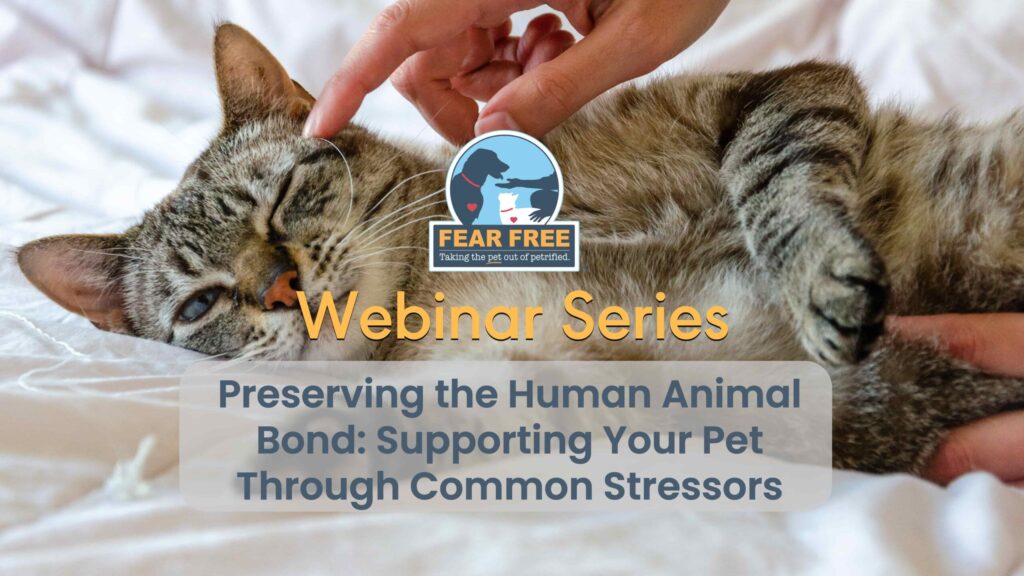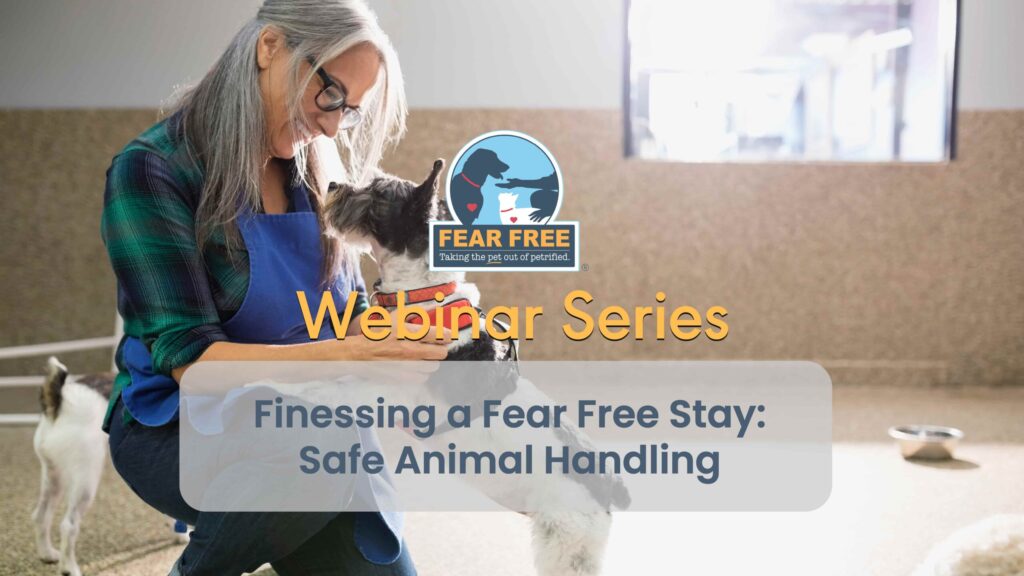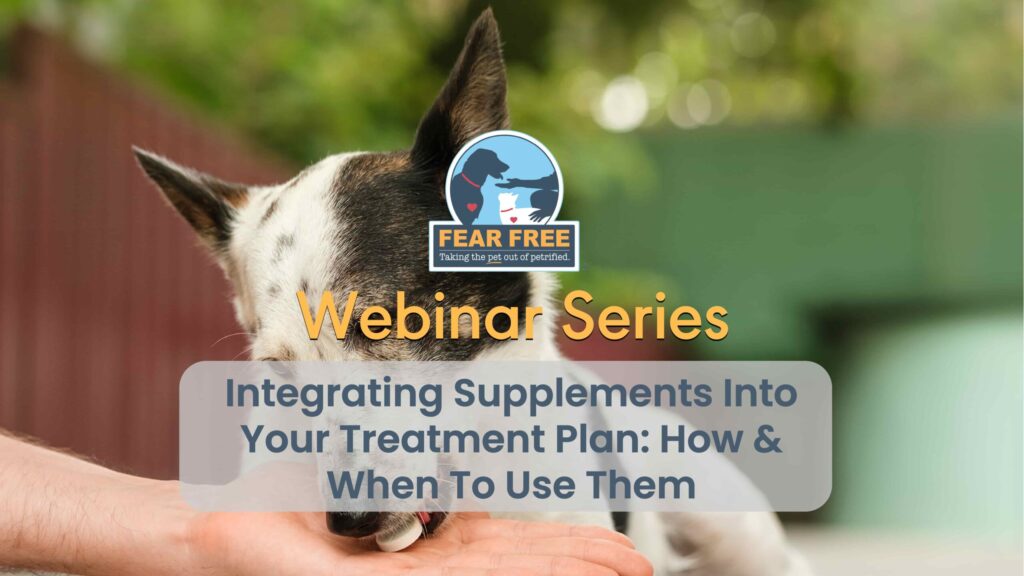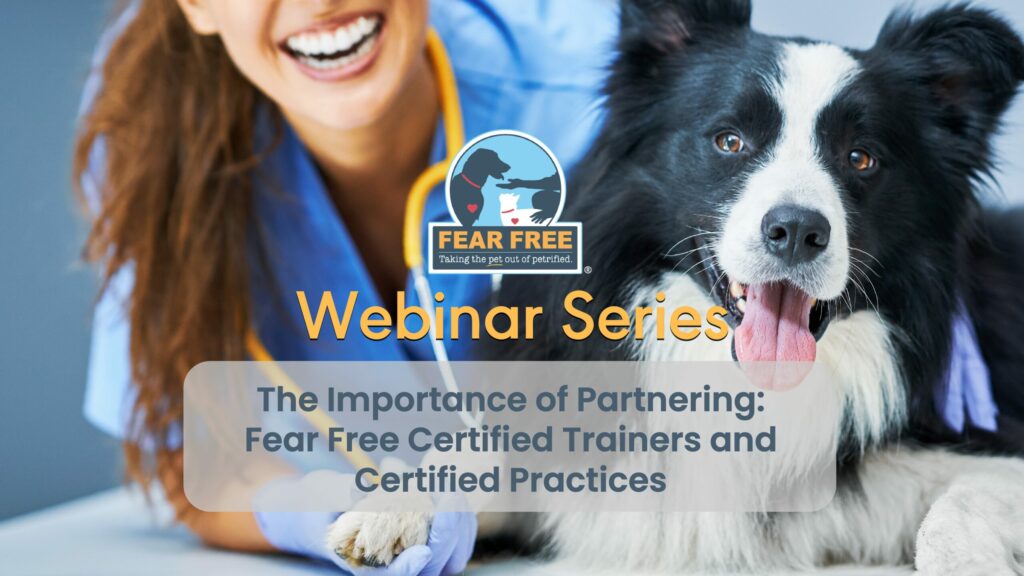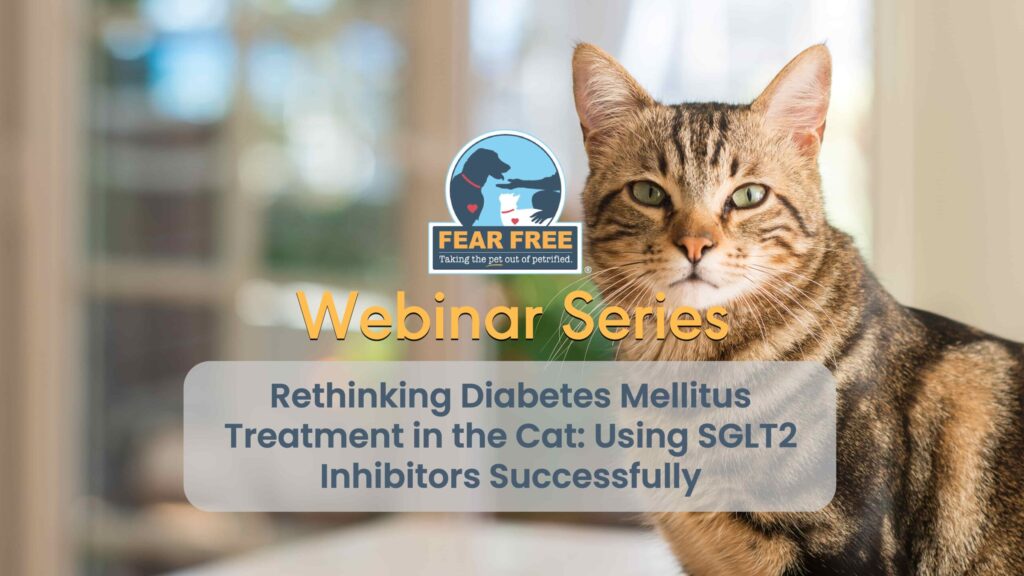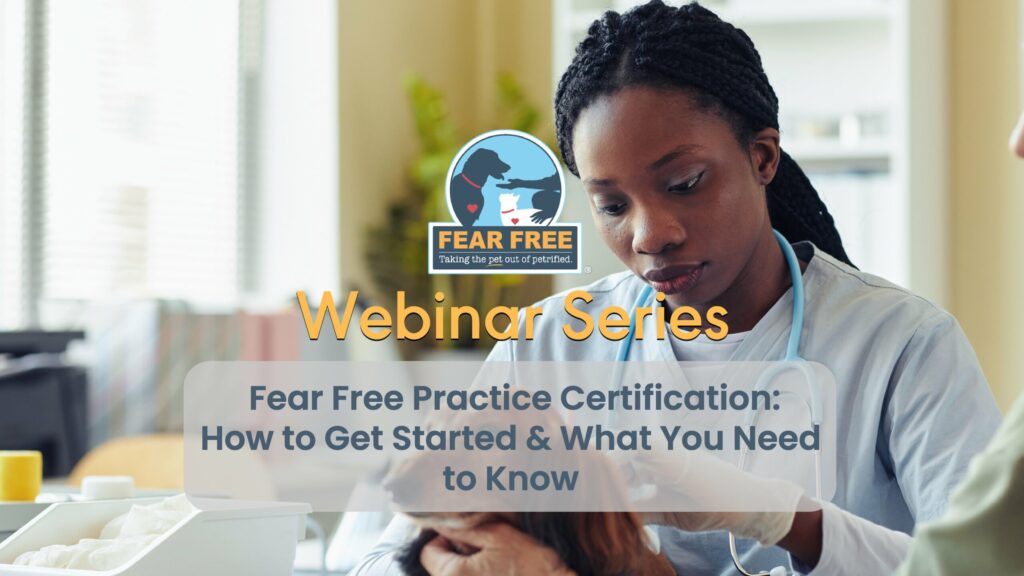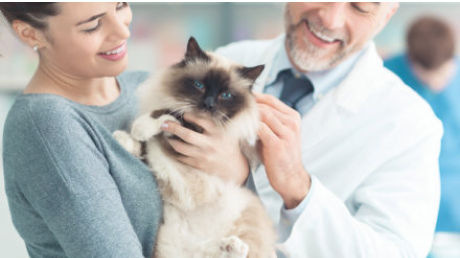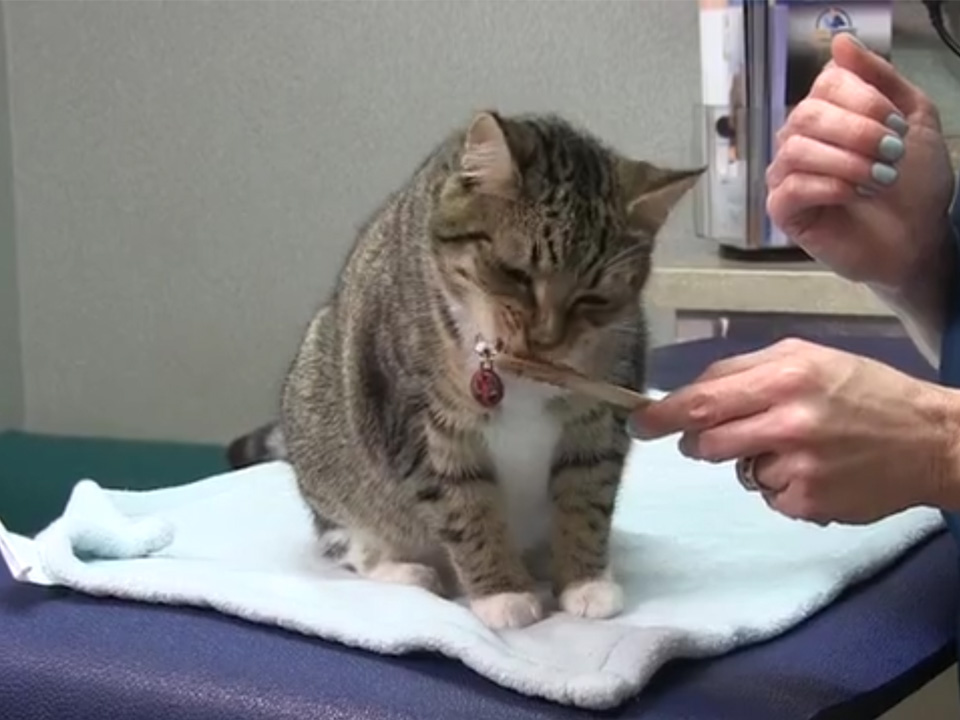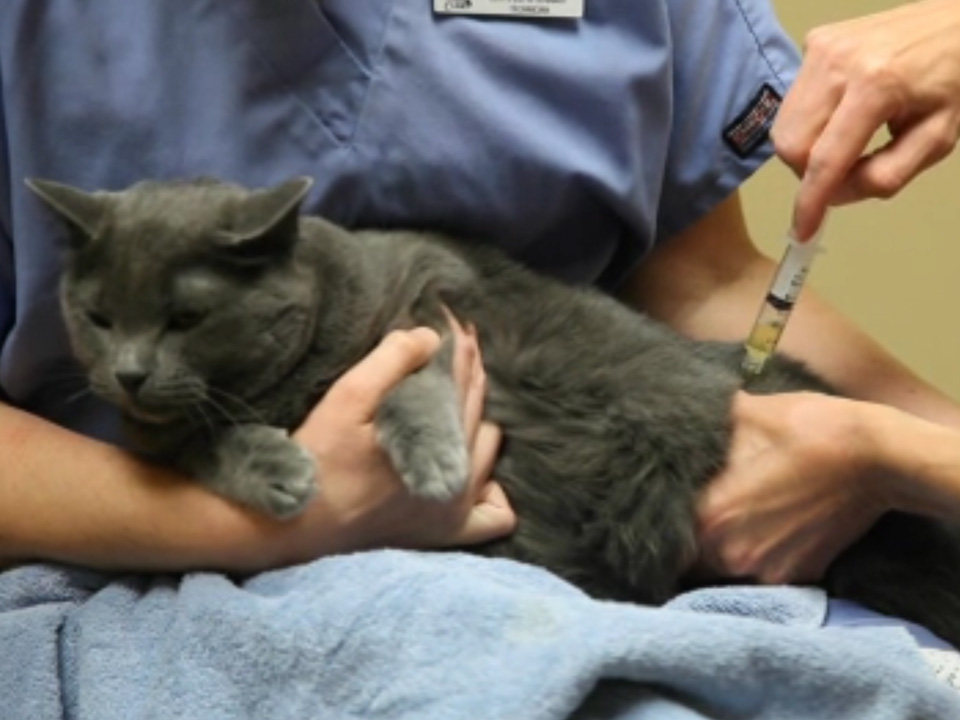Julie Liu, DVMSeveral years ago, when I was still a staff vet, I would routinely walk into the doctors’ office in the morning to see one of my associate-mates typing away at her computer with the overhead light turned off. The exterior wall to the office was a large window that faced east so there was always some early morning light coming through, but still, I didn’t get it. Wasn’t it
always better to have more light? Why toil away in the dark like a cave creature?
After a few mornings, I started getting used to only having natural light in the office and noticed that I felt a lot calmer. If another doctor turned the light on, it felt way too bright and jarring. I realized that something as simple as decreasing the intensity of the light source in my environment could magically decrease my stress levels without me even noticing.
When it comes to our feline patients, many of the surroundings in a vet hospital can seem similarly disruptive, and may even lead to fear, anxiety, and stress (FAS). By reimagining the veterinary environment and catering to the feline senses, we can promote relaxation and a less stressful experience for both cats and humans. Here are some simple, budget-friendly tips for creating Fear Free feline exam rooms.
Provide a Safe Place
In 2022, the AAFP/ ISFM released an update of their guidelines for a Cat Friendly Veterinary Environment, in which they reference the 5 Pillars of a Healthy Feline Environment. While you may not be able to achieve all 5 Pillars in every exam room, being mindful of them will go a long way towards keeping your feline patients calm.
Pillar 1, “Provide a Safe Place”, is paramount. So what makes cats feel safe? When cats are experiencing FAS, hiding becomes a major way in which they cope. Think of all of those patients you’ve seen hiding under their bedding or overturned litterbox in the treatment area, or hiding under a chair in the exam room–they’re trying to cope with the stress of being in a scary place. Ensuring that every exam room is stocked with towels and a cat bed with high sides will facilitate hiding and comfort during the visit. You can even go next level and place a towel warmer outside the exam rooms. The thermoneutral zone for cats is 86-100.4℉ (30-38°C), so grabbing a warm towel as you’re heading in will allow your feline patient to feel even cozier.
Cats also feel safer when they can be elevated. If the cat chooses to explore the exam room, non-slip cat shelves, perches, and cat cubby holes mounted onto the wall will allow them to survey their surroundings from a height while also remaining hidden. Just ensure that any cubby can be opened easily to access the patient for their exam, as removing a cat from their “safe” place will increase FAS. Along the same lines, if budget allows, replace any exam room chairs with a bench that extends to the floor so cats don’t have to be pulled out from their hiding spot when it’s time for handling.
It can also take several minutes for cats to acclimate to a new area, so if you’re taking all feline appointments to “the back” where it’s noisy and full of dogs to collect samples, expect their FAS levels to escalate. Instead, treat each exam room like a private, “safe” treatment area for that kitty and stock it appropriately with everything you might need for samples: tubes, syringes, smaller gauge needles, butterfly catheters, slides, and EMLA cream to reduce the pain of needle pokes. If your team members aren’t comfortable collecting samples in front of the cat parent, I’ve found that most clients are more than willing to hang out in the waiting area and drink a coffee or play on their phones until you’re done.
Considerate Approach
As Fear Free professionals, we should always use Considerate Approach with our patients, which means we want to consider how our felines are experiencing their environment during care.
- Touch. Exam tables are slippery, cold, and uncomfortable. To provide stability and extra warmth, ensure all exam tables have a non-slip surface such as a yoga mat to act as a base under your warm towel. Every room should also have a non-tippable cat scale with a non-slip surface, which could be a Feliway-sprayed towel that you “tare” prior to weighing the cat.
- Taste. Does your clinic have treats for dogs, but not cats? While many cats will be too fearful to eat treats, others can readily be distracted by catnip, Temptations, Churu, squeeze cheese, tuna, whipped cream, and other delicious snacks during interactions. Also be mindful of taste the next time you’re dousing your feline patients with alcohol to collect samples–unless you wipe the alcohol off of their fur with a damp washcloth, you’re contributing to their negative experience when they groom themselves after the visit. Consider using water instead of alcohol.
- Visual. Photorealistic depictions of cats or other animals may cause cats to react, so abstract art often works best. If you’re lucky enough to have a quiet exam room with a window, consider making that a feline-only room. Many cats will explore the room and gaze outside during a visit, which works great as a distractor. Cats are also better able to see in lower light than people, so try installing a dimmer switch to decrease the light intensity.
- Auditory. Vet clinics are loud. Dental scalers, cage doors slamming, and dogs barking can significantly increase FAS during a feline visit. Installing soft closers on cabinets and doors and hanging a “Shhh….feline appointment in progress!” sign on the treatment area side of the door will remind team members to use their inside voices and keep environmental noises low. You can also hook a speaker up to the exam room computer and play soft, cat-specific music. A 2019 study published by the Journal of Feline Medicine and Surgery found that cats listening to cat-specific music in a veterinary clinical setting had lower cat stress scores and lower mean handling scale scores than cats that were exposed to silence or classical music.
- Olfactory. Pets leave behind lots of scents during visits, and smelling them may increase FAS, particularly if a dog was just in that room. Having a cat-specific exam room helps prevent olfactory stressors, and Rescue will allow you to disinfect and remove traces of the previous patient while minimizing harsh smells from scented cleaners.
- Pheromonal. When your cat rubs their cheek against your leg or the furniture, they’re depositing the feline facial pheromone that marks an area as “safe”. Feliway Classic mimics this pheromone and comes in user-friendly diffusers that can be plugged into every exam room. You can also pre-spritz your scrubs at the beginning and middle of each shift and room towels with Feliway spray at least 15 minutes before your first appointment, then reload for afternoon kitties since it wears off in four to five hours. Don’t forget to label your diffuser with some client education so cat parents see the Fear Free value.
The exam room can be a scary place for many cats, causing them to experience FAS even before handling. Adding some Fear Free tools and considering the feline senses will help turn your exam rooms into kitty havens.
Resources
https://fearfreepets.com/cat-friendly-exam-room/#:~:text=Avoid%20chairs%20cats%20can%20get,Choose%20light%20colors
https://fearfreepets.com/top-10-treats/
https://fearfreepets.com/helping-our-feline-friends-feel-fear-free-with-dr-tony-buffington/
https://fearfreepets.com/providing-the-optimum-environment-for-cats/
https://fearfreepets.com/creating-a-comfortable-environment-in-the-clinic/
JFMS: https://journals.sagepub.com/doi/full/10.1177/1098612X221128763
JFMS: https://journals.sagepub.com/doi/10.1177/1098612X19828131
Cat music: https://www.youtube.com/watch?v=vGyElqvALbY
This article was reviewed/edited by board-certified veterinary behaviorist Dr. Kenneth Martin and/or veterinary technician specialist in behavior Debbie Martin, LVT.
Julie Liu is a veterinarian and freelance writer based in Austin, Texas. In addition to advocating for Fear Free handling, she is passionate about felines and senior pet care. Learn more about Dr. Liu and her work at www.drjulieliu.com.
Want to learn more about Fear Free? Sign up for our newsletter to stay in the loop on upcoming events, specials, courses, and more by clicking here.
